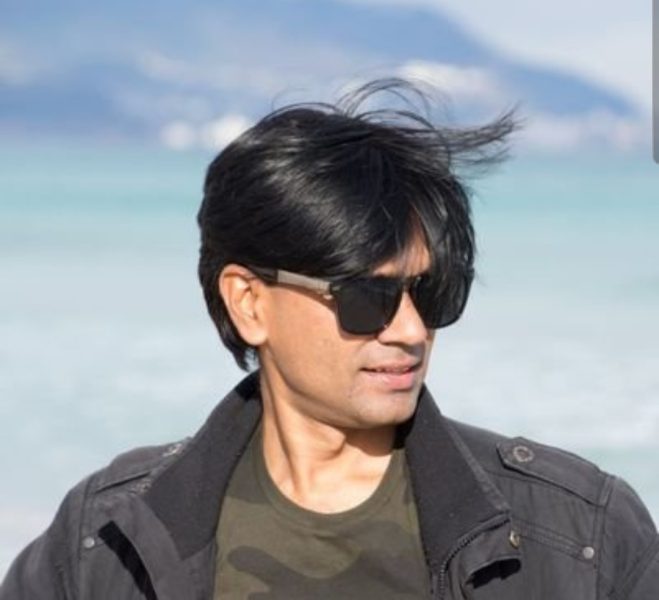
'Arrest must not be used as punitive tool': Supreme Court

“Arrest is not meant to be and must not be used as a punitive tool,” said the Supreme Court in the detailed judgement related to the case of fact checker Mohammed Zubair, who finally got reprieve after he was given bail. Not before he spent a month a jail.
The detailed judgment by a bench of Justices DY Chandrachud and AS Bopanna, which was released on July 25, contained strong language against the “loss of personal liberty”. On July 20, the court had only released the operative portion of the order to allow Zubair to be released after a slew of cases was slapped on across several states including Delhi and Uttar Pradesh.
The judgement said that arrest is not meant to be and must not be used as a punitive tool because it results in one of the gravest possible consequences emanating from criminal law: the loss of personal liberty.
“Individuals must not be punished solely on the basis of allegations, and without a fair trial… When the power to arrest is exercised without application of mind and without due regard to the law, it amounts to an abuse of power,” it added. This judgement came after Chief Justice of India, NV Ramana raised the issue of “hasty and indiscriminate arrests, difficulty in obtaining bail, and prolonged incarceration of undertrials”.
Also read: SC grants bail to Mohammed Zubair in all UP FIRs; disbands SIT
He had said that in our criminal justice system, the process is the punishment. “From hasty, indiscriminate arrests, to difficulty in obtaining bail, the process leading to the prolonged incarceration of under trials needs urgent attention,” the CJI had said, without naming any particular case.
Further, the judgement said that the vicious cycle of criminal process, in which Zubair was trapped in had itself become the punishment. The court said the Section 41 of the CrPC and safeguards in criminal law exist so that any criminal proceeding “almost inevitably involves the might of the state, with unlimited resources at its disposal, against a lone individual”.
Zubair, co-founder of Alt News website, was arrested because of a four-year-old tweet in which he had shared a screenshot from a popular Hindi movie and made references to the current ruling dispensation. Later, cases were filed against him, for calling right wing leaders “hate mongers”. His arrest came days after Zubair had highlighted BJP’s Nupur Sharma’s comment on Prophet Muhammad, which sparked off a huge controversy.
On July 20, the top court gave Zubair bail, disbanded a special investigation in UP and transferred all UP cases to Delhi. The judges also did not entertain Uttar Pradesh government’s request that Mohammed Zubair be “stopped from putting out tweets”.
On this matter, the court had said that imposing such a condition would be tantamount to a gag order… (which) can have a chilling effect on the freedom of speech.
“According to the petitioner, he is a journalist who is the co-founder of a fact checking website and he uses Twitter as a medium of communication to dispel false news and misinformation in this age of morphed images, clickbait, and tailored videos,” the court said, adding that passing an order restricting him from posting on social media would amount to an unjustified violation of the freedom of speech and expression, and the freedom to practice his profession.


